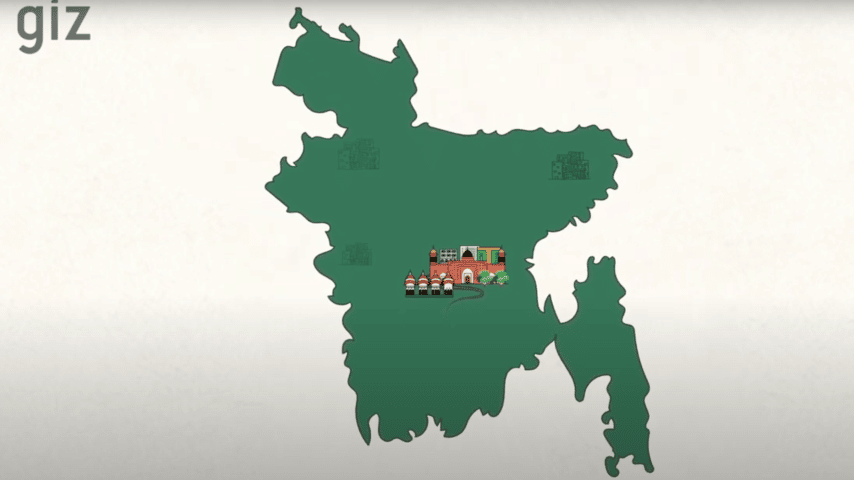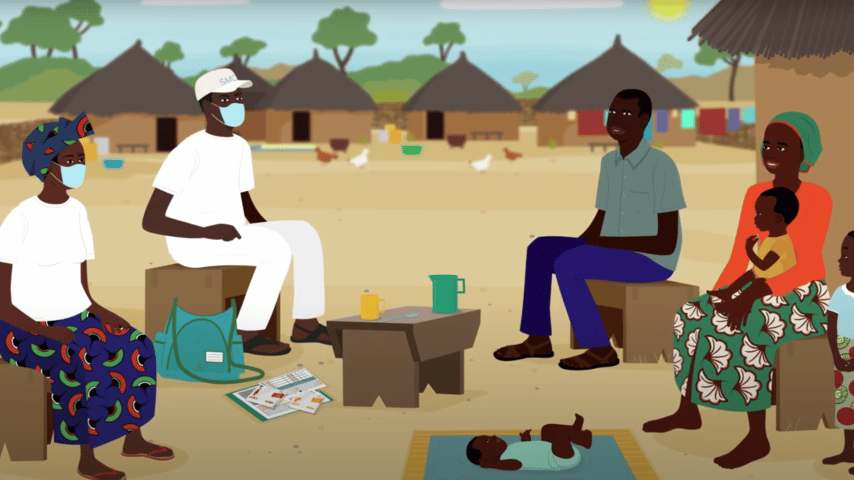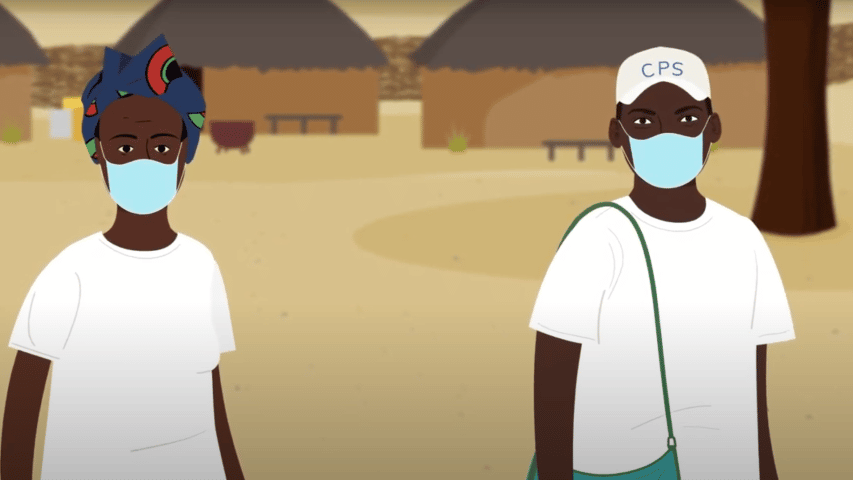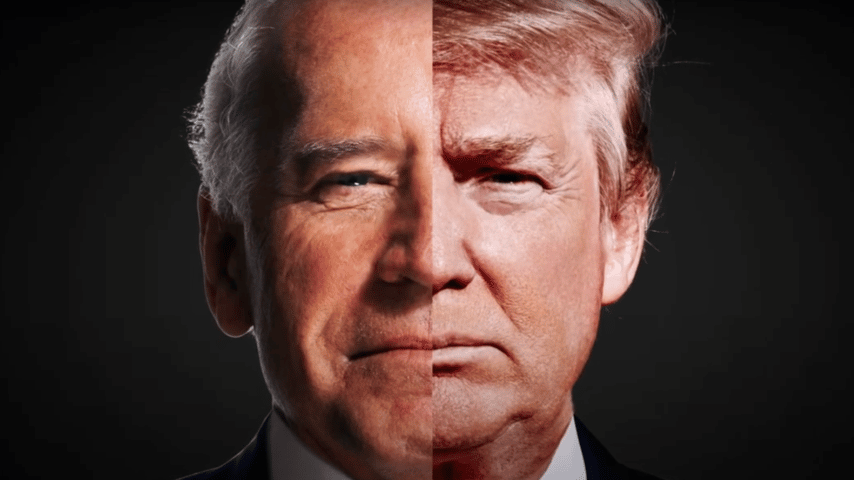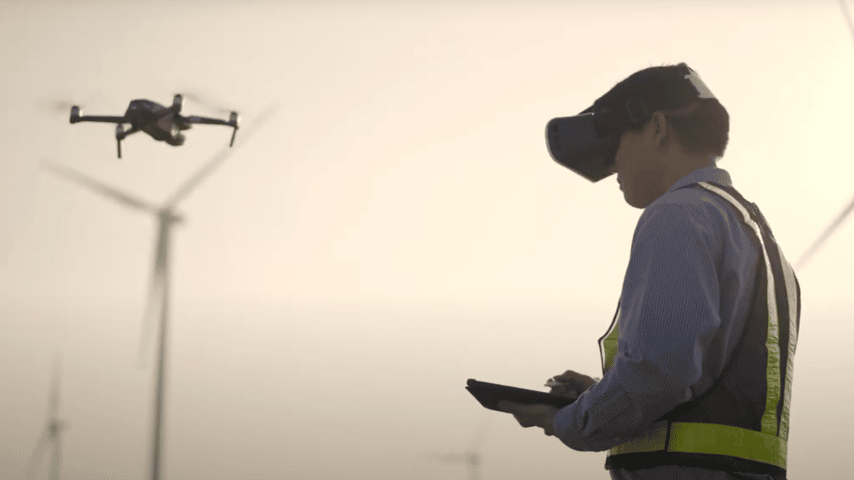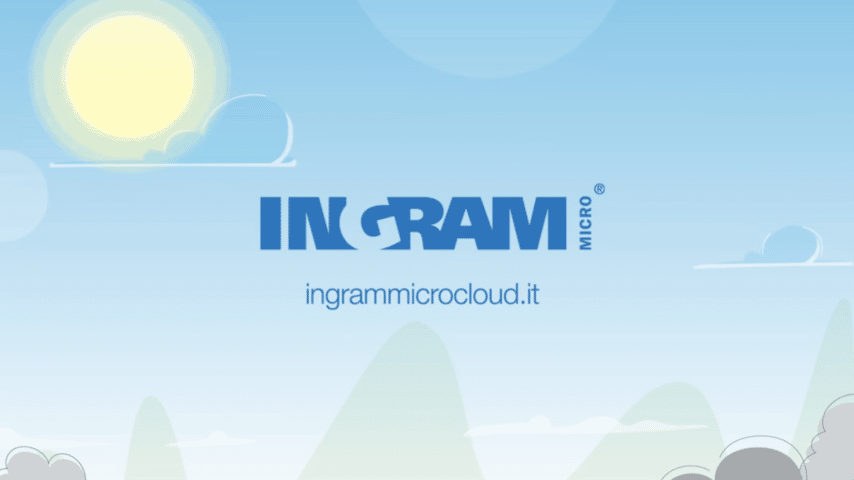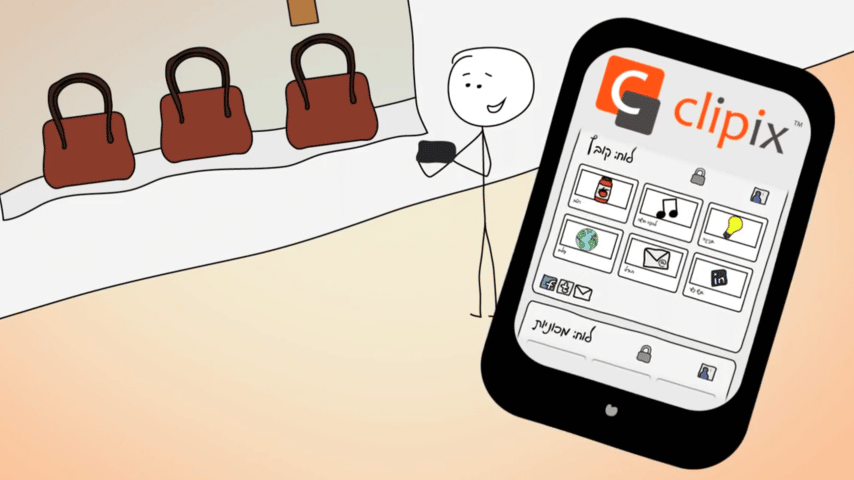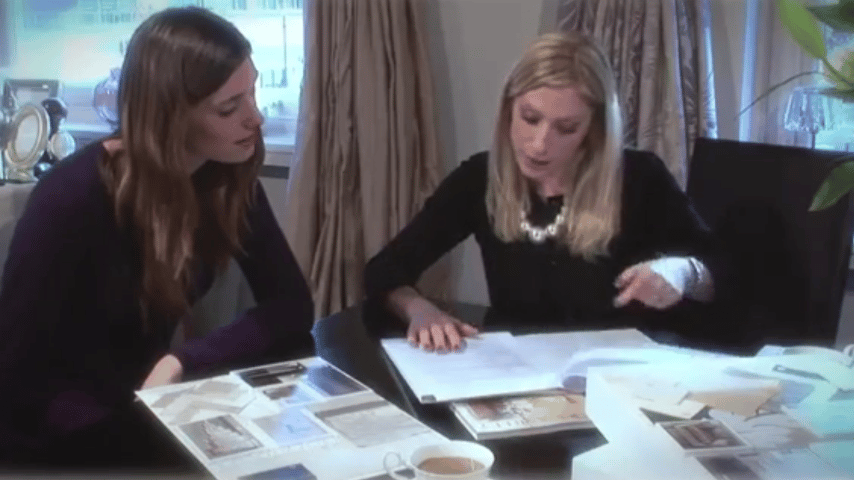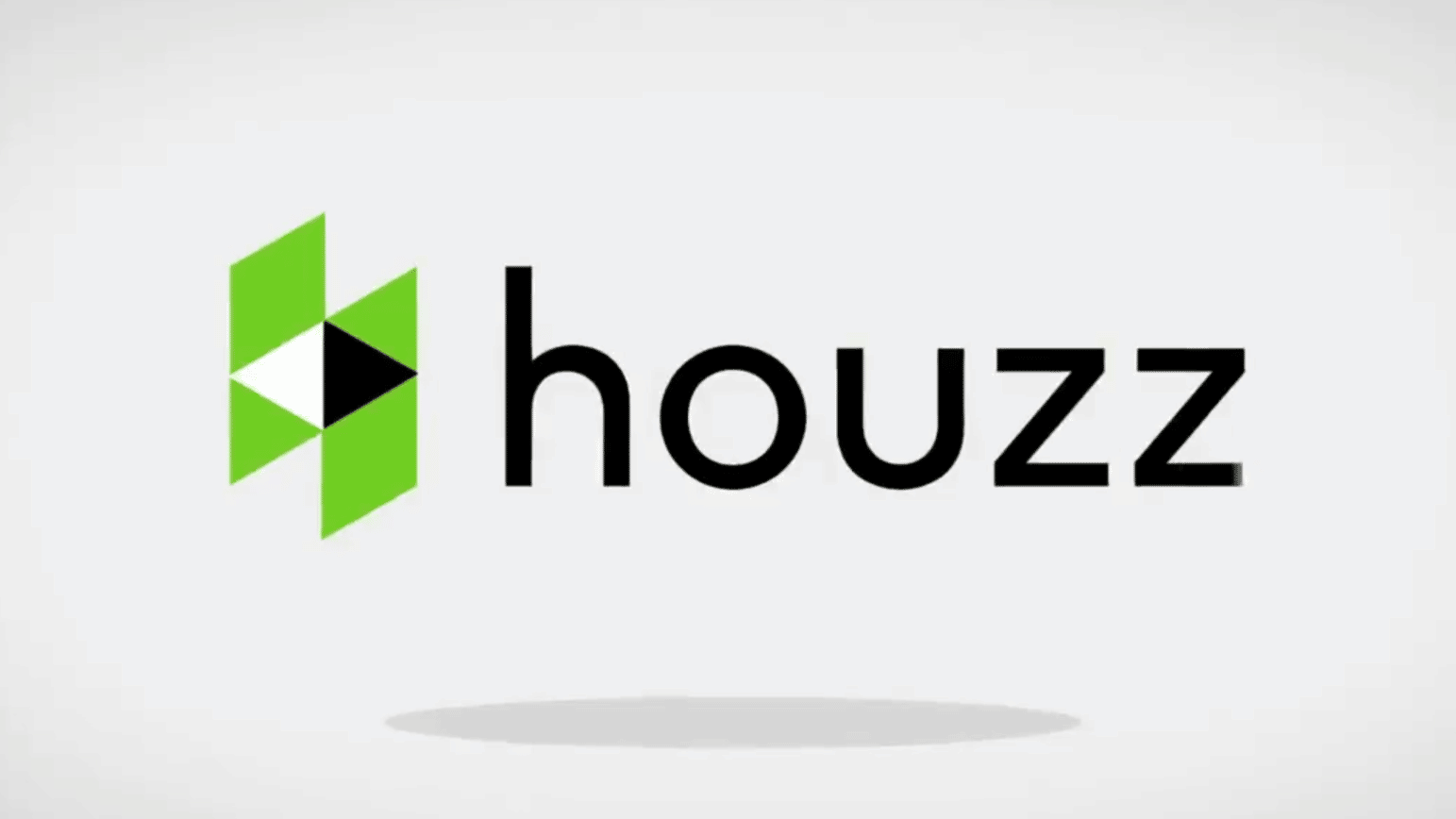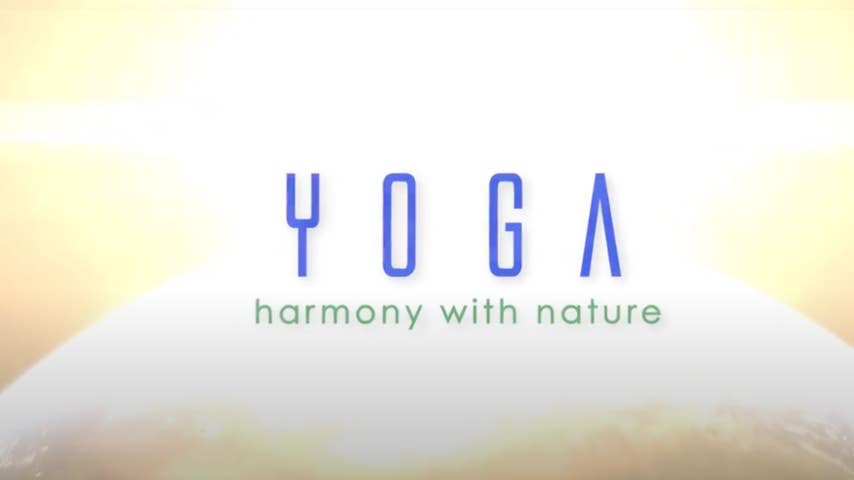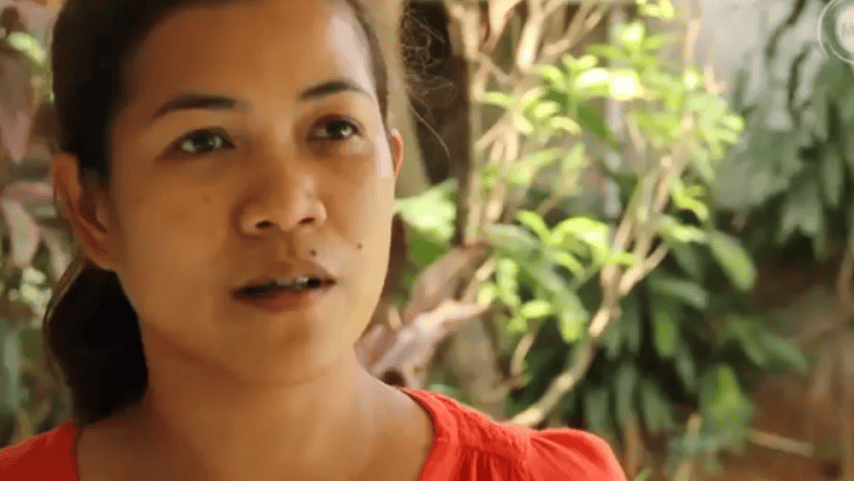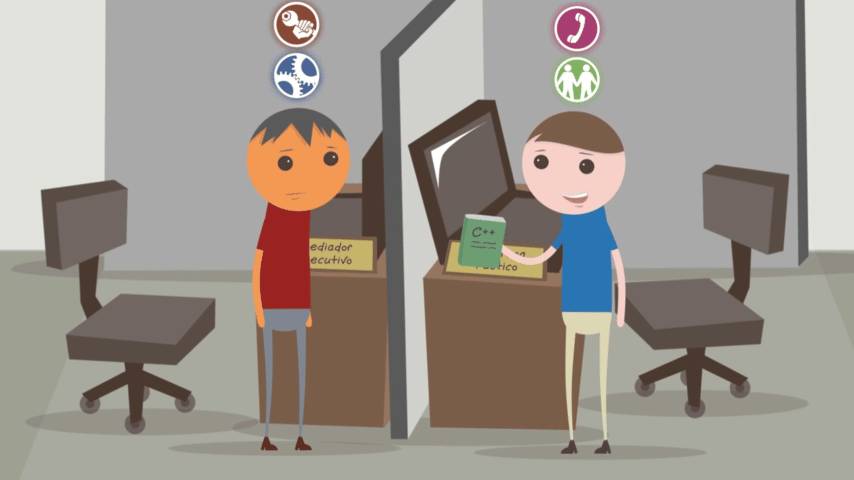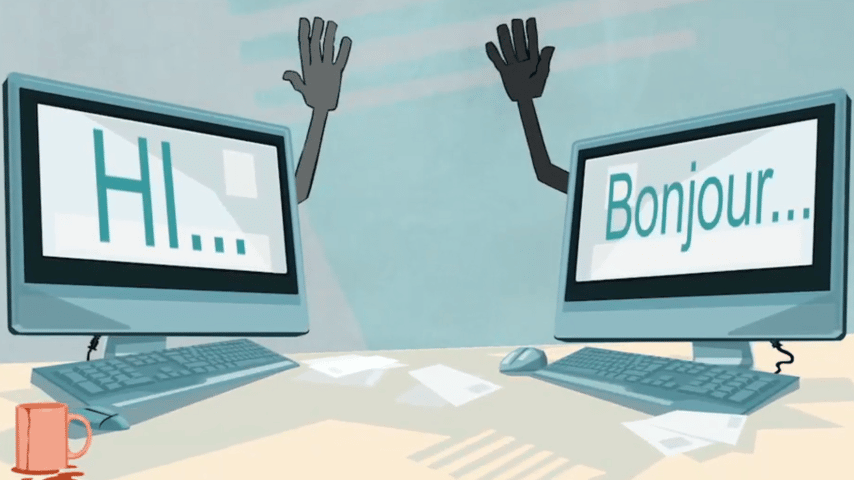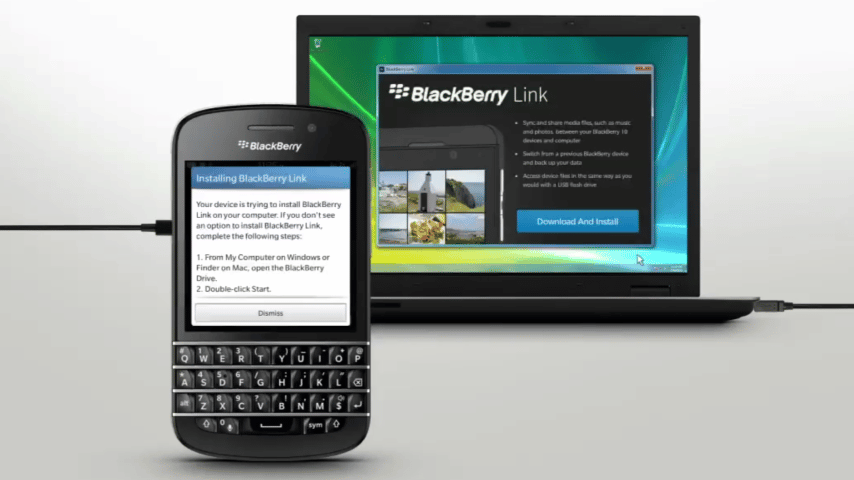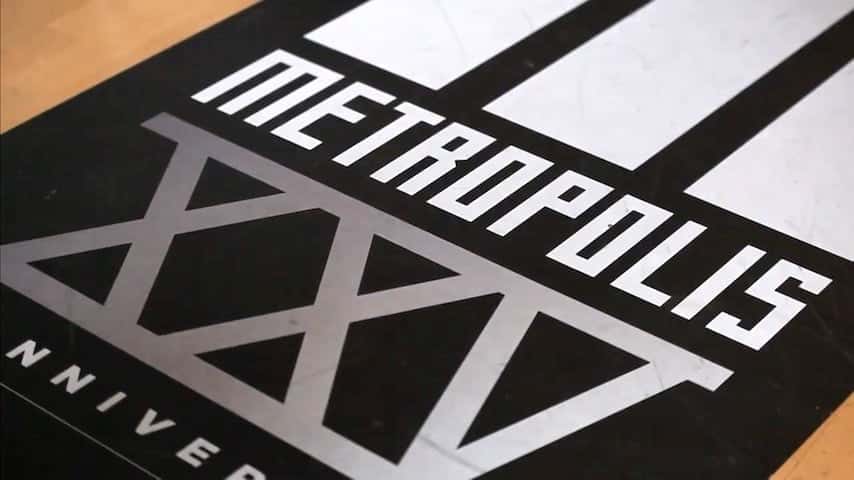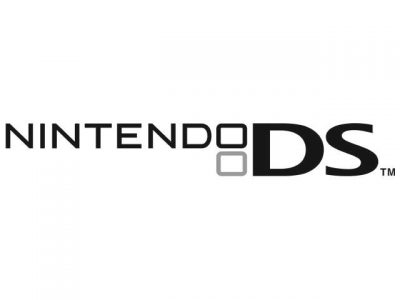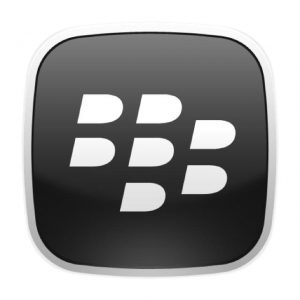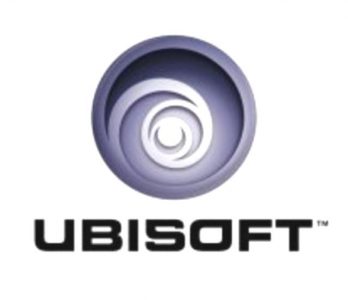What Kind of Arabic Voice Over Are You Looking For?
Expanding your content to include Arabic voice overs opens up opportunities to engage with a diverse and culturally rich audience. Arabic is spoken by over 310 million people as their native language, primarily in the Middle East and North Africa (MENA) region. Countries where Arabic is the official language include Egypt, Saudi Arabia, Iraq, Algeria, and Morocco, among others. Adding an Arabic voice-over to your campaign can be a significant step towards achieving your business goals and expanding your reach in these markets.
The Concept of Modern Standard Arabic vs. Regional Dialects
When considering Arabic voice overs, it’s essential to understand the distinction between Modern Standard Arabic (MSA) and regional dialects. MSA is the standardized and literary variety of Arabic used in formal settings, media, and literature. It is widely understood across the Arabic-speaking world, similar to what happens with Latin American neutral Spanish. However, everyday communication often occurs in regional dialects, such as Egyptian Arabic, Levantine Arabic, Gulf Arabic, and Maghrebi Arabic, each with its own unique features and cultural
Regional Varieties and the Use of Modern Standard Arabic
Arabic voice actors at GoLocalise are skilled in providing services in both Modern Standard Arabic and various regional dialects. Regional dialects reflect the unique accents, slang, and cultural nuances of specific countries or areas. These regional differences are crucial for authenticity and local engagement.
However, Modern Standard Arabic is often used for formal and pan-regional content, ensuring that the message is easily understood by Arabic speakers from diverse backgrounds. This makes MSA ideal for news broadcasts, official documents, and educational materials.
Importance of Voice Overs in Arabic
Incorporating an Arabic voice-over into your content ensures that your message is clearly understood by your target audience. It also creates a sense of belonging and empathy among the audience, leading to stronger brand connections and potentially increased sales. This connection is even more profound when the voice over uses the correct regional dialect, enhancing relatability and authenticity.
For example, using Egyptian Arabic for content targeting Egypt or Levantine Arabic for content aimed at audiences in Lebanon, Syria, Jordan, and Palestine can significantly impact how the message is received. Adapting your content to include these cultural and linguistic nuances ensures that your message resonates more deeply with your audience.
Learn more about Arabic Voice Over Services
How an arabic voice over agency can help you?
Partnering with a trusted Arabic Voice Over Company ensures your content connects with Arabic-speaking audiences. Whether you need voice overs for advertising, corporate videos, audiobooks, animation, dubbing, or IVR, professional Arabic voice over services bring clarity, authenticity, and impact to your message. Here’s how a professional Arabic Voice Over can enhance your project:
Clear and Professional Delivery – A skilled Arabic voice actor ensures your message is delivered with the right tone, pronunciation, and style, whether in Modern Standard Arabic (MSA) or a regional dialect.
Cultural Authenticity – A professional Arabic voice over artist understands the cultural nuances of the language, making sure your content feels natural and relatable to your audience.
Engagement and Impact – Whether for commercials, narration, or character voices, hearing a native Arabic voice over talent makes your content more engaging and memorable.
Adaptability for Different Markets – Need a formal tone for corporate content or an energetic style for an ad campaign? A specialised Arabic Voice Over Agency provides tailored Arabic voice over services for different industries and audiences.
Other Languages Spoken in the MENA Region

While Arabic is the dominant language in the MENA region, there are other languages spoken as well. For example, Berber languages are spoken in parts of North Africa, Kurdish in Iraq and Syria, and Somali in Somalia and parts of Ethiopia. These languages add to the cultural richness of the region and may be considered for more localized or culturally specific campaigns.
Leveraging Arabic voice over services, whether in Modern Standard Arabic or regional dialects, not only ensures linguistic accuracy but also enhances cultural authenticity and audience engagement. Whether it’s for e-learning, advertising, corporate communications, or other content, using the right voice over can significantly impact the success and reach of your production. By understanding and utilizing the nuances of regional dialects and Modern Standard Arabic, you can create content that truly resonates with your audience across the Arabic-speaking world.
How does GoLocalise work?
Understanding your project’s needs
The first step is to understand the technical aspects of your project to understand what we need to do to guarantee your necessities are met. We will ask a set of questions to determine your target audience, the type of content you want us to work with and the impact you want to achieve.
Selecting the ideal voice-over artists for your project
We want you to find the perfect voice-over artist for your project. For this, we will search for the ideal candidate within or outside our artist portfolio. Whether you are looking for an engaging, expressive, or commercial voice, we’ve got you covered!
Assigning a multilingual project manager
We will assign an exclusive project manager to serve as your only point of contact to guide you along the process, answer all questions you may have and make every stage easier. This project manager will:
- Explain all the steps involved in the process to make it easy to understand and help you determine what exactly are the services you need to ensure you stay within your budget.
- Help in selecting the ideal voice-over artist to transmit your ideas.
- Guarantee all the steps in the process are well-organized and that all deadlines are met. After choosing your ideal artist, you can relax and let your experienced project manager take care of the rest until the process is finished.
Record voice-over audio in our modern studios
All details in the process have been carefully designed to enable you to focus on the core of the service: the voice-over recording session. Your recordings will sound beautifully neat thanks to our audio equipment and our top-quality acoustic studios, using Pro Tools HD and Neumann microphones. Our sound engineers will then adjust the recorded audio to make it sharp and clean, ensuring you don’t need to repeat any recording, and thus, make the most out of your budget. In the case of those languages neither you nor your client speaks, we offer professional linguistic help to make sure everything is clear in all languages you are translating your content into.
Finding professional voice actors for your projects
Our Latest Voice Over Case Studies
What our happy customers say
Thomas Kennedy
Designer at Atlas Knowledge
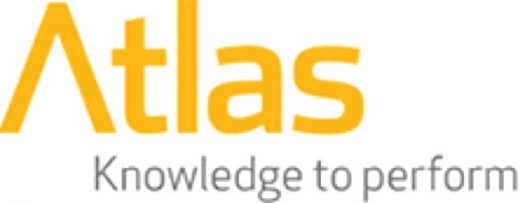
Adam Ruddick
Head of Production at Casual Films

Jo Samuel
Animator at Pixel Circus

Lucas Cole
Sales and Marketing Director at Epipheo
Nicola
English UK Voice Over Talent
Stefanie Smith
Producer at Education First
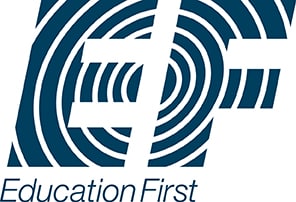
Frequently Asked Questions
Our Arabic voice over artist company offers a diverse pool of talented artists, each with their unique style and tone. We can assist you in finding the ideal match to effectively convey your message.
To ensure compatibility and flexibility, we accept a variety of file formats, including MP3, WAV, AIFF, and more. Whatever your project requirements, we’ve got you covered.
The turnaround time for Arabic voiceover projects varies depending on factors such as project length and complexity. However, our team works efficiently to deliver high-quality results within reasonable timeframes, ensuring your deadlines are met.
Yes, we understand the importance of choosing the right voice for your project. We can provide voice samples of our talented Arabic voice actors to help you make an informed decision and ensure the perfect fit.
Absolutely, in addition to our Arabic voice over services, we provide professional translation services. Our experienced translators ensure accuracy and cultural sensitivity in translating your scripts into Arabic.
Requesting a quote is easy. Simply fill out our online form or get in touch with us directly, providing details about your project. Our team will then provide you with a detailed quote tailored to your specific needs and budget.
At our Arabic voice over agency, customer satisfaction is our top priority. If you find that the initial voiceover doesn’t quite meet your expectations, we offer revisions to ensure the final product aligns perfectly with your vision. However, it’s important to note that extensive revisions beyond the scope of the initial agreement may be subject to additional charges. Rest assured, our team will work closely with you to address any concerns and make necessary adjustments until you’re fully satisfied with the results. Your satisfaction is paramount to us, and we’re committed to delivering a final product that exceeds your expectations.
At GoLocalise’s website, you can have a look at the list of our Arabic voice-over artists, listen to their voice samples and download them to choose the most suitable for your project.
There are plenty of Arabic accents you can choose from to make your audience feel aligned with your content. Jordan, Syria, Egypt, the Gulf, Sudan, Iraq and Palestine are some of the accents you can find in our portfolio.
The most important advantages of hiring a human voice-over artist instead of AI generators are: humans can add an intonation to the product to make it sound more natural and appealing for the audience; humans can detect mistakes in content or grammar and correct it at any stage in the process; humans can pronounce proper names correctly, having a cultural background that AI generators usually don’t.

